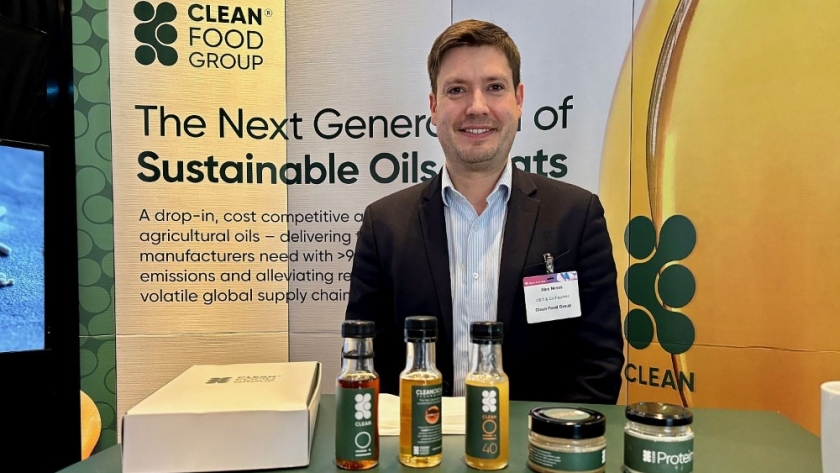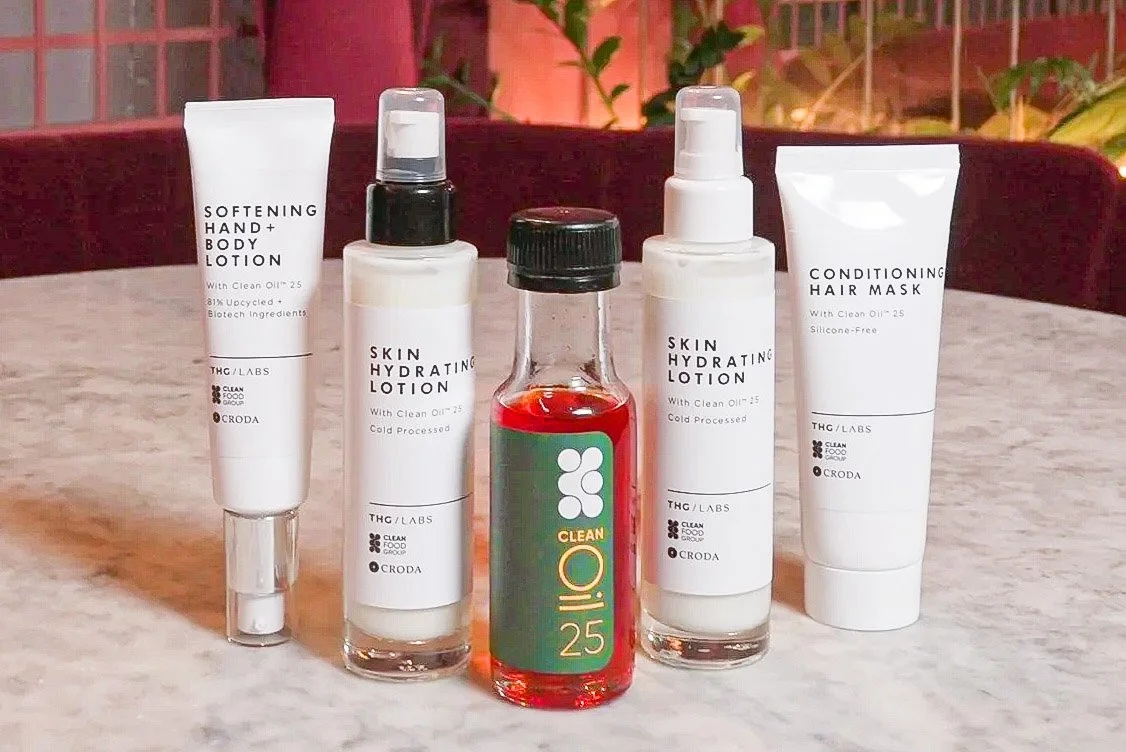
By Agroempresario.com
Clean Food Group, a UK-based biotech startup pioneering microbial oils through oleaginous yeast fermentation, has taken a significant step towards commercial-scale production by acquiring a 1-million-liter fermentation facility in Liverpool. The facility, previously owned by Algal Omega 3 Ltd—which entered administration earlier this year—provides Clean Food Group with the infrastructure needed to accelerate its go-to-market strategy across multiple sectors, including food, cosmetics, personal care, and pet food.
Speaking at the Future Food-Tech summit in London, CEO Alex Neves told AgFunderNews that the acquisition allows the company to sidestep costly capital expenditure (capex) and fast-track its ability to bring sustainable oils to market.
“We’ve already validated commercial-scale production at the site using 100,000-liter reactors, successfully manufacturing two tons of oil during a recent run,” said Neves. “That materially de-risks this acquisition.”
The Liverpool site comes with downstream processing capabilities, including a solvent-free wet extraction process essential for extracting oil from yeast cells. According to Neves, this end-to-end compatibility makes the facility a game-changer for Clean Food Group.
Adding further credibility to the acquisition, Bill Thurston, a food industry veteran best known for leading the acquisition of Unilever’s edible oils and fats business during his tenure at CSM, has been appointed Managing Director of the Liverpool facility.
The site has a long history of producing fermentation-based ingredients, including xanthan gum and algal oil, making it ideally suited for Clean Food Group’s expansion. The company has previously conducted scale-up operations at the facility in parallel with trials at investor Döhler’s network of lab, pilot, demo, and commercial-scale production facilities.
“When the opportunity to acquire the Liverpool site arose, it made perfect sense,” said Neves. “We know the site, we know it works for our process, and it has the infrastructure we need.”

Clean Food Group has already secured regulatory approval for its flagship product, CleanOIL25, for use in cosmetics in the EU, UK, and US. The company is now preparing submissions to gain regulatory clearance for food applications in both Europe and the US.
Although the EU’s novel foods approval process can be lengthy, Neves noted that Clean Food Group’s non-GMO approach simplifies regulatory hurdles. The yeast strain used is not genetically modified, a factor that could streamline the regulatory timeline.
CleanOIL25 is suitable for a variety of skincare and haircare formulations, offering functional benefits and a sustainable profile. By avoiding traditional tropical oils like palm and coconut, the company positions itself as a cleaner, ethical alternative amidst rising concerns over deforestation, labor exploitation, and supply volatility in traditional fat sources.
The core technology was developed by Professor Chris Chuck at the University of Bath, who now serves as the company’s technical lead. Using a process called directed evolution, Chuck’s team has enhanced the oil production capacity of the proprietary yeast strain, while also enabling the customization of fatty acid profiles.
This capability allows Clean Food Group to produce oils ranging from liquid forms to semi-solid and hard fats, depending on the end-use application.
“We’re not looking to compete with commodity oils,” emphasized Neves. “Our oils are designed for premium applications that require specific functionality—like those in cosmetics or specialty foods.”
Indeed, the first product Clean Food Group is launching was co-developed with THG LABS and Croda, both established players in beauty and specialty chemicals.
To date, Clean Food Group has raised approximately £8 million ($10.7 million) from a mix of investors, including Agronomics and Döhler, alongside non-dilutive funding from grants and research initiatives. The startup is now preparing to launch its Series A funding round, aiming to fuel further expansion and regulatory submissions.
With its newly acquired facility, strong scientific leadership, and growing investor confidence, Clean Food Group is well-positioned to lead the charge in microbial oil innovation—a space gaining attention as the global food and cosmetics industries shift toward sustainable, functional alternatives to animal and tropical fats.
